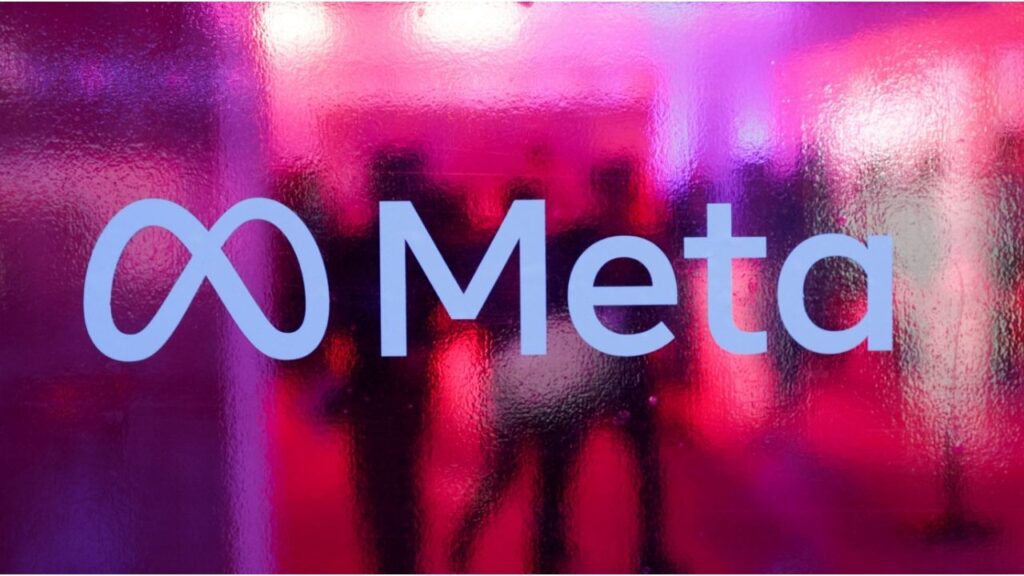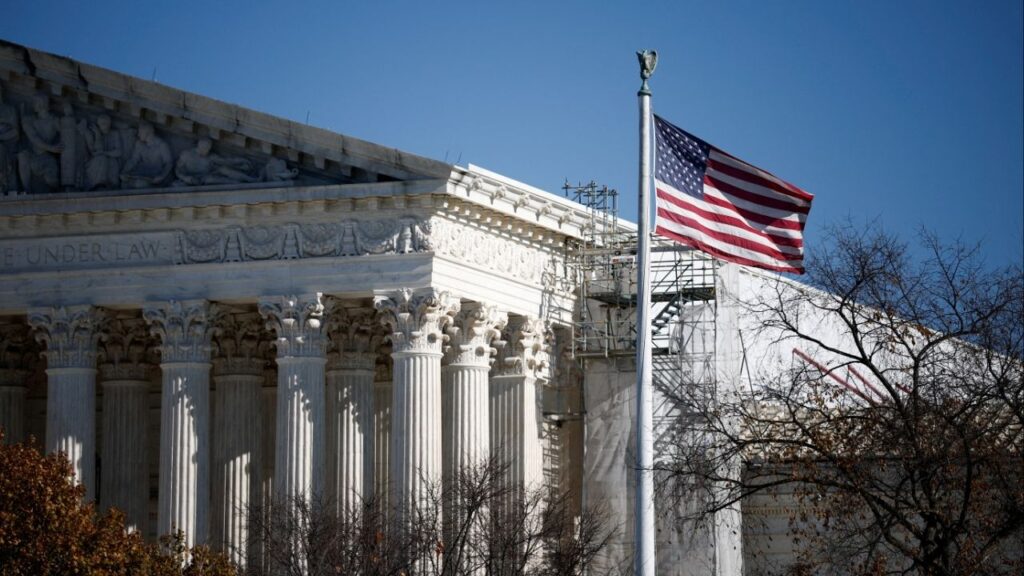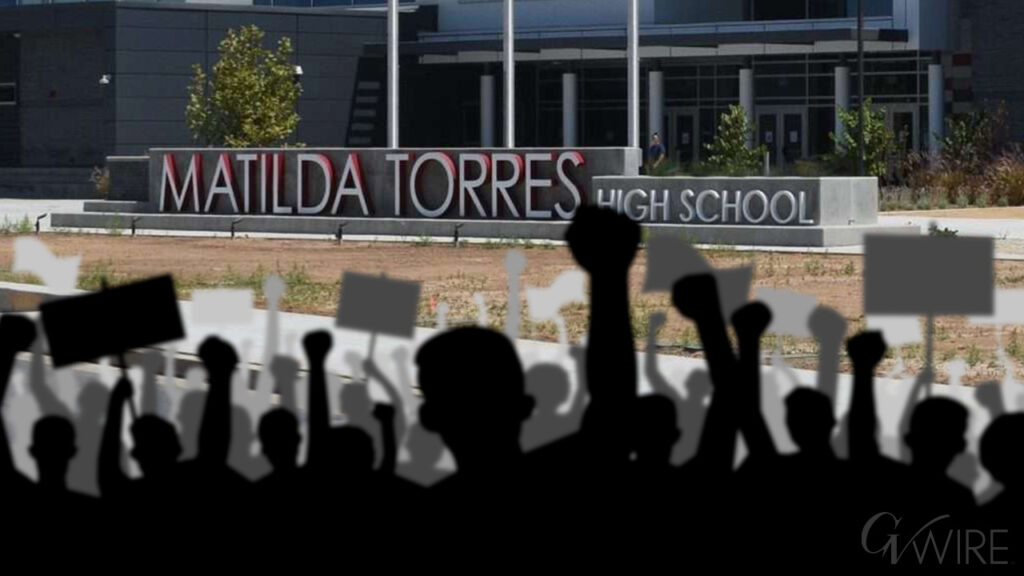Jewish and pro-Israel supporters gather in solidarity with Israel and in protest against rising levels of antisemitism and severe anti-Jewish attacks, May 23, 2021 in New York City. (Shutterstock)

- Social media companies have allowed their platforms to become factories of division, dehumanization and, increasingly, real-world violence.
- A measure awaiting Gov. Newsom’s signature, Senate Bill 771, represents a vital step toward a safer and more civil digital arena.
- If signed, SB 771 would not punish free expression. It would ensure that platforms face consequences when their business practices amplify hate.
Share
|
Getting your Trinity Audio player ready...
|
This commentary was originally published by CalMatters. Sign up for their newsletters.
Whether by design or by quiet submission to a rapidly-evolving digital landscape, the world’s largest social media companies have allowed their platforms to become factories of division, dehumanization and, increasingly, real-world violence.
Jim Berk
Special for CalMatters
Opinion
What began as tools for connection have become engines of rage. It’s no accident. It’s business.
At the heart of this transformation lies the engagement algorithm: a seemingly neutral mechanism that curates what billions of people see, like, share and believe.
Algorithms are not neutral. They are engineered with a single purpose — to keep us on the platform, clicking, commenting and scrolling. In the race to capture attention, one emotional trigger outperforms others: anger.
Outrage spreads faster than facts. Posts that inflame generate more engagement than those that inform. The algorithm doesn’t care if a post is divisive or harmful — only that you can’t look away. The result is an attention economy where the most profitable content is often the most toxic.
This isn’t a theoretical concern. We see the consequences every day, as online harassment and hate speech metastasize into offline assaults.
SB 771 Would Hold Social Media Companies Accountable
A measure now awaiting Gov. Gavin Newsom’s signature, Senate Bill 771, represents a vital step toward a safer and more civil digital arena. The bill would give Californians the ability to hold the largest social media corporations accountable when their algorithms materially contribute to violations of civil rights under California law.
Social media companies may protest that they never set out to radicalize users or to profit from polarization. That may be true. But intent is not the measure of accountability. And their refusal to actively prevent these outcomes amounts to complicity.
Consider a few examples: Facebook’s internal research confirmed that its algorithm promotes divisive content because outrage drives clicks, and in Myanmar its negligence in moderating incitement against the Rohingya minority helped fuel a campaign of ethnic cleansing. X, formerly known as Twitter, has admitted that hate speech surged following changes in its content moderation. In Los Angeles and New York, antisemitic hashtags trending online preceded attacks on Jewish institutions.
The dots are no longer hard to connect. Online hate fuels offline harm.
If signed, SB 771 would not establish speech codes. It would not punish free expression. It would ensure that platforms face consequences when their business practices amplify harassment, threats or discrimination already unlawful under state law.
This is a narrow but essential intervention. Just as product liability laws hold car manufacturers accountable for defective airbags and pharmaceutical companies accountable for unsafe drugs, so too must we hold social media companies accountable for foreseeable harm caused by defects built into their core business models.
California has led the nation in establishing guardrails for industries that shape our lives, from consumer product safety to environmental protections. This bill would follow that tradition.
Antisemitism Is on the Rise
The stakes are high. In Los Angeles County, antisemitic crimes rose by 91% last year, while hate crimes targeting LGBTQ+ and immigrant communities hit record highs. Teachers report that slurs and bullying spread through classrooms at the speed of a trending meme. And parents are finding their children radicalized by extremist content that algorithms push into their feeds.
This is not about politics. Protection against hate must transcend ideology. This is about whether Californians have recourse when hate becomes harm. Teachers, parents, faith leaders —Californians of every background have a stake in this fight.
Imagine logging on tomorrow to digital spaces where hate is sidelined by design rather than rewarded with reach, where algorithms are aligned with human dignity instead of inhumane rage.
With SB 771, California can set that precedent. Newsom can send a clear message: the safety and civil rights of Californians take precedence over Silicon Valley’s bottom line.
This article was originally published on CalMatters and was republished under the Creative Commons Attribution-NonCommercial-NoDerivatives license.
RELATED TOPICS:
Categories

MAHA Activists Urge Trump to Fire His EPA Administrator

Meta Strikes Multiple AI Deals With News Publishers

















